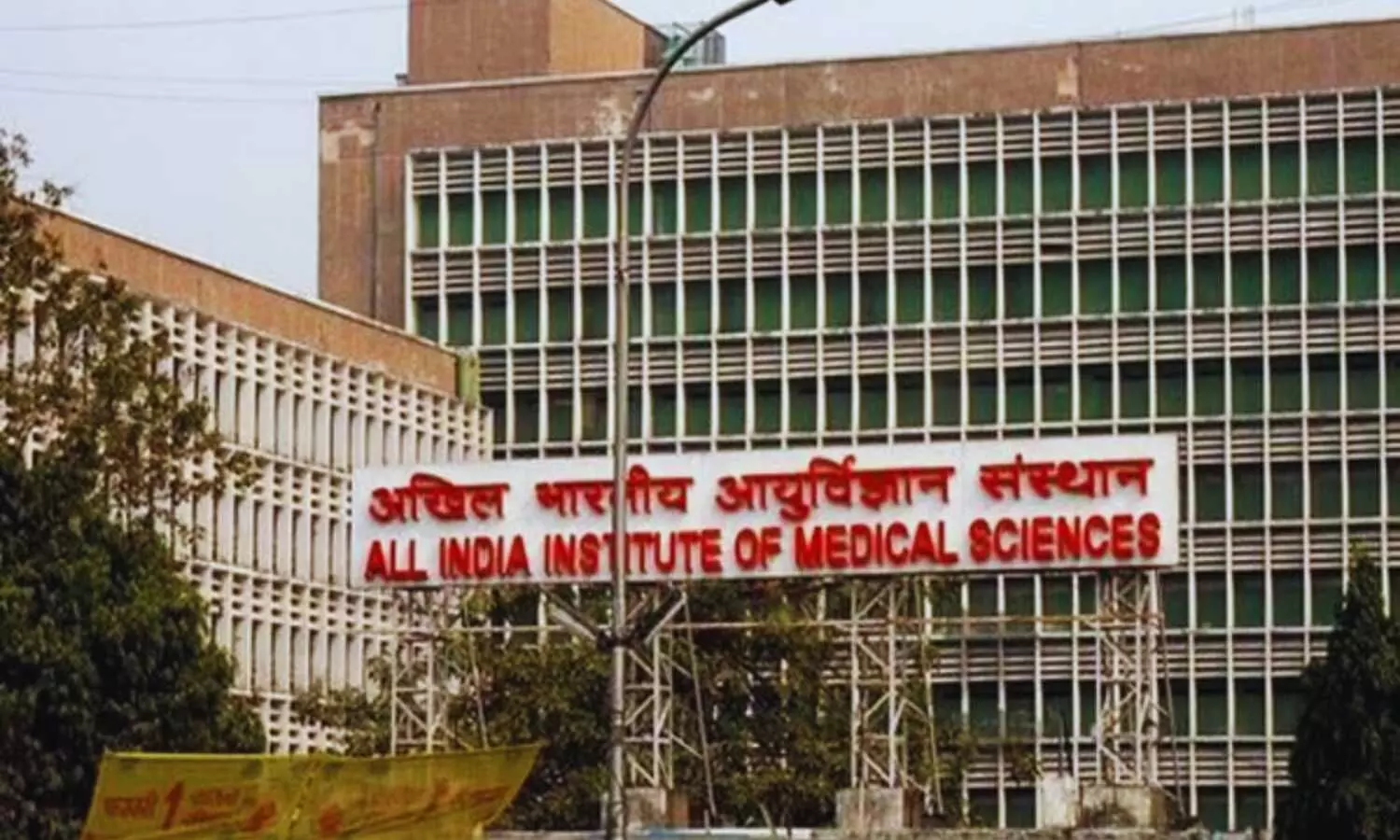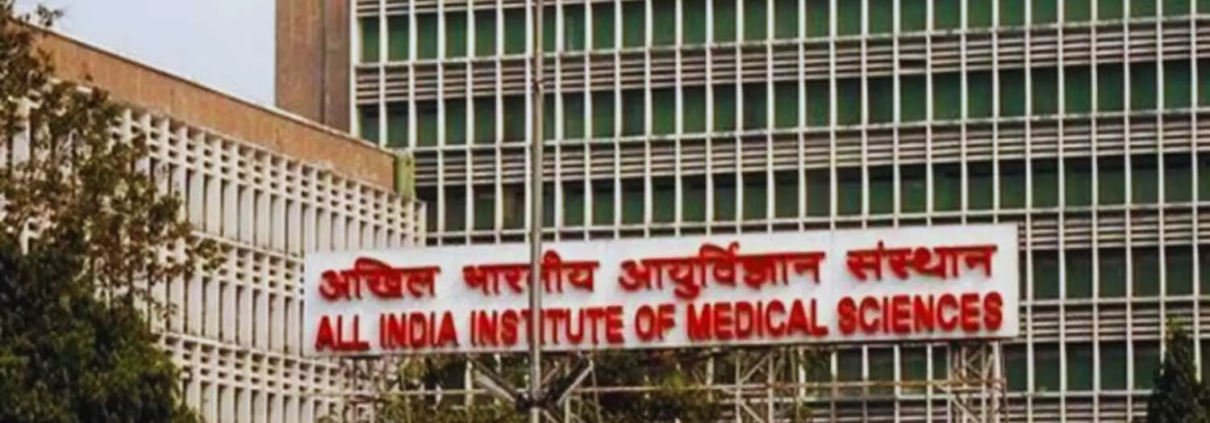Delhi AIIMS announces GRASSROOT stroke trial to evaluate advanced stent-retriever

New Delhi: The All India Institute of Medical Sciences (AIIMS) in New Delhi, a leading institution for stroke care in India, has initiated the GRASSROOT (Gravity Stent-Retriever System for Reperfusion of Large Vessel Occlusion Stroke Trial) clinical trial. This trial aims to evaluate the safety and efficacy of a new advanced stent-retriever designed to improve stroke treatment outcomes.
According to an ANI report, “Given India’s significant unmet needs in interventional stroke treatment, we are excited to assess this advanced, next-generation stent-retriever technology,” said Dr Shailesh Gaikwad, MD, FNAMS, Professor and Head, Department of Neuroimaging & Interventional Neuroradiology, Neurosciences Centre, AIIMS, New Delhi.
“Our goal is to deliver an innovative solution that will not only improve stroke outcomes but also set new standards for stroke care globally,” he added.
If successful, the trial will have far-reaching effects, especially in India, where unique medical and socio-economic challenges complicate stroke treatment.
The next-generation stent-retriever has been developed specifically to address the distinctive characteristics of stroke clots in the Indian population. Designed with input from both international and Indian experts, the device aims to restore blood flow to the brain quickly, safely, and completely.
In addition, the stent-retriever will be cost-effective, greatly enhancing access to life-saving treatment for patients across India and globally.
Launched on August 15, 2024–India’s Independence Day–the GRASSROOT trial represents a major milestone in the advancement of stroke care in the country. The first patient, enrolled at AIIMS, New Delhi under the leadership of Dr Shailesh Gaikwad, MD, FNAMS, and Dr Deepti Vibha, MD, DM, was successfully treated and discharged.
Commenting on this achievement, Dr Vibha stated, “We are confident that the GRASSROOT trial will usher in a new era of stroke care in India and beyond”, news agency ANI reported.
India, with a population exceeding 1.45 billion, faces a critical challenge in stroke care. Only 4,500 of the estimated 375,000 eligible stroke patients receive life-saving mechanical thrombectomy each year, underscoring the need for more accessible stroke interventions.
“For India to fully realise its demographic dividend, we must prioritise health, particularly in addressing stroke and its long-term consequences,” said Dr Shashvat Desai, MD, Chief of R&D at Gravity.
Echoing this sentiment, Dr Dileep Yavagal, MD, global Principal Investigator of the GRASSROOT trial and Professor of Neurology at the University of Miami, commented, “Making affordable stroke treatment devices accessible is essential for India to tackle the devastating long-term impact of stroke.”
The GRASSROOT trial spans 16 hospitals across India, including prestigious institutions such as AIIMS, New Delhi, and Jawaharlal Institute of Postgraduate Medical Education & Research (JIPMER), Pondicherry.
Dr Kalpesh Shah, MS, MCh, a leading interventional and endovascular neurosurgeon at Zydus Hospital, Ahmedabad, and one of the first physicians to use the new stent-retriever, highlighted its potential impact.
“With rising demand for stroke thrombectomy, these novel devices will revolutionise global access to safe and effective stroke care,” Dr Shah remarked.
Facebook Comments



